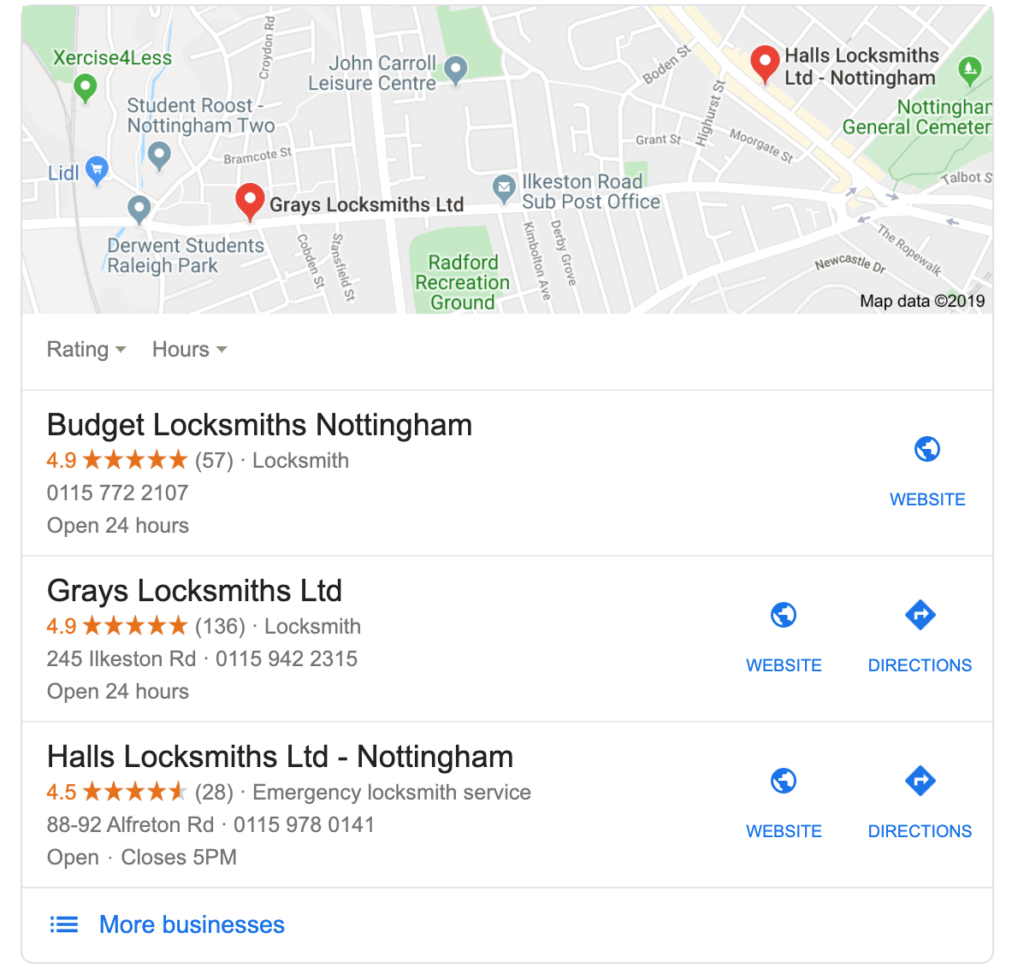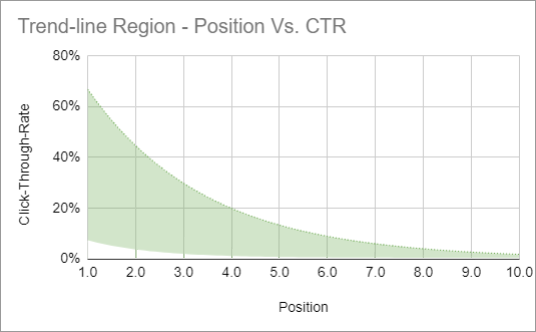In simple SEO terms, a local citation refers to any mention of your company online. This could be in a business directory, or on an industry-specific site, a blog or any other local website.
Although local citations can help you rank in local search results, they are no longer a major ranking factor. However, they are still worth considering in order to promote your business.
Common citations you are likely to already know of include listings on business directory websites such as Yell or Thomson Local. A complete citation should include the name, address and phone number of your business. Local citations do not always include a link to your site although they are more valuable if they do.
What do they do?
Citations help rank your Google Local Pack listing (this was formerly called Google+ Local map) by providing Google with credible sources of information about your business. Citations tell Google that your business exists, is legitimate and that what you say about it is accurate because it can be corroborated from multiple sources. Providing a consistent name, address and phone on various sites is therefore vital to providing trust signals to Google.
Here’s what a typical Google Local Pack looks like on the search results page:

How do they work?
Google considers a number of factors alongside citation directories when deciding whether to display your business listing to someone who has searched for the products or services you offer. One of the things they take into account is the proximity of your business to the location of the search.
To take advantage of local citations, it is essential that you already have a Google My Business listing set up, claimed and optimised.
In traditional organic SEO, links from a trusted relevant website are one of the main ranking factors Google uses. With regards to local SEO, text hyperlinks help rank Google Local Pack listings in the search results.
Getting citations from a site with a high domain authority and high traffic can help improve your ranking in local search. Going for quality links over quantity is the key here.
What are the different sorts of citations?
Some examples of local citations include:
- General business directories
- Industry, niche or sector-specific directories (Trip Advisor)
- Local newspaper and press websites
- Local themed blogs – For example, LeftLion is great for local nightlife venues like bars, pubs, clubs and restaurants
- Social media websites like Twitter, FourSquare, Facebook and YouTube
Here’s an example of some of Hallam’s citations from a prominent local Nottingham blog:

How can I find other local citation opportunities?
To find local citation opportunities, I would start by noting down the main general ones that come to mind when you think of local business directories.
Also, find out where your competitors are listed. If this all sounds too time-consuming, then there are tools, both paid and free, that can help you find new citation opportunities.
The tools we recommend and use ourselves include:
- BrightLocal which does a paid citation burst that takes a few minutes to set up and then sends out directory requests on your behalf.
- SEMrush which conducts competitor backlink analysis.
- Moz provides a number of insights from competitor analysis.
What makes a great local citation?
A great local citation needs to be seen as credible and trustworthy by both people browsing the web and Google. This is why established brands such as the Yellow Pages (Yell) Trustpilot and Thomson Local are great places to start.
When creating or claiming a business directory citation it is important to fill out three pieces of crucial information about your company:
- Name – This should ideally be your branded trading name.
- Local telephone number – This should match the number given on your own website.
- Physical address – Again this should be consistent with the address on your website.
(A general SEO rule it is worth noting that these three pieces of information must be presented on your website as selectable HTML text and not a graphic)
If a local newspaper is covering a story regarding your business they are unlikely to display your company address or telephone number. In such instances, it is enough to simply have your company clearly referenced by name in order for your listing to receive the value.
Setting up Google alerts for your business and your competitors can also help you spot potential link opportunities.
The information above only applies to correctly creating and filling out both general and industry-specific directories.
So how do I win the citation game?
Although the number of links you get is important, the quality of the links and the accuracy of the information you provide matters more. The information about your company, like your name, address and phone number must be consistent across all sites where you are mentioned.
Complete citations are more valuable to Google Local Pack rankings and your visibility on the web in general. This all helps spread the word about your business, find potential new customers and make it easier for them to get to your website.
While business listing citations are relatively easy to obtain, the more difficult ones come from local or niche websites or local newspapers. You’ve got to have something newsworthy for them to talk about and you have to get their attention in the first place.
What’s the catch?
The process of creating local citations can be time-consuming and tedious and you ideally need to have an overall marketing strategy in order to get the attention of journalists.
However, if you’re a local business that would hugely benefit from a local listing in the Google Local Pack then it’s something worth spending time on it. You also have the option of either automating the work with the tools discussed earlier, or outsourcing it entirely, if you have the budget.
Considerations
Local SEO helps build authority in your local area, improves your website’s authority, sends trust signals and can also improve rankings.
If your business operates in a particular niche or obscure area, then it is harder to obtain directory links. In this case, you can try more niche directories, or look at different ways to build links depending on what’s relevant to your business. For example, you could:
- Guest post on local blogs
- Actively post in forums
- Sponsor local events
- Get in touch with local influencers and collaborate with them
- Reply to relevant queries on Quora and leave a link to your website
- Be active and interact on social media by doing activities like competitions
Get seen in local SEO results
We have a number of local SEO specialists with the knowledge and technical expertise to improve your business visibility online.
Why not get in touch to find out how we can start helping you.
Want to learn more about local SEO?
Have you just learned something new?
Then join the 80,000 people who read our expert articles every month.



